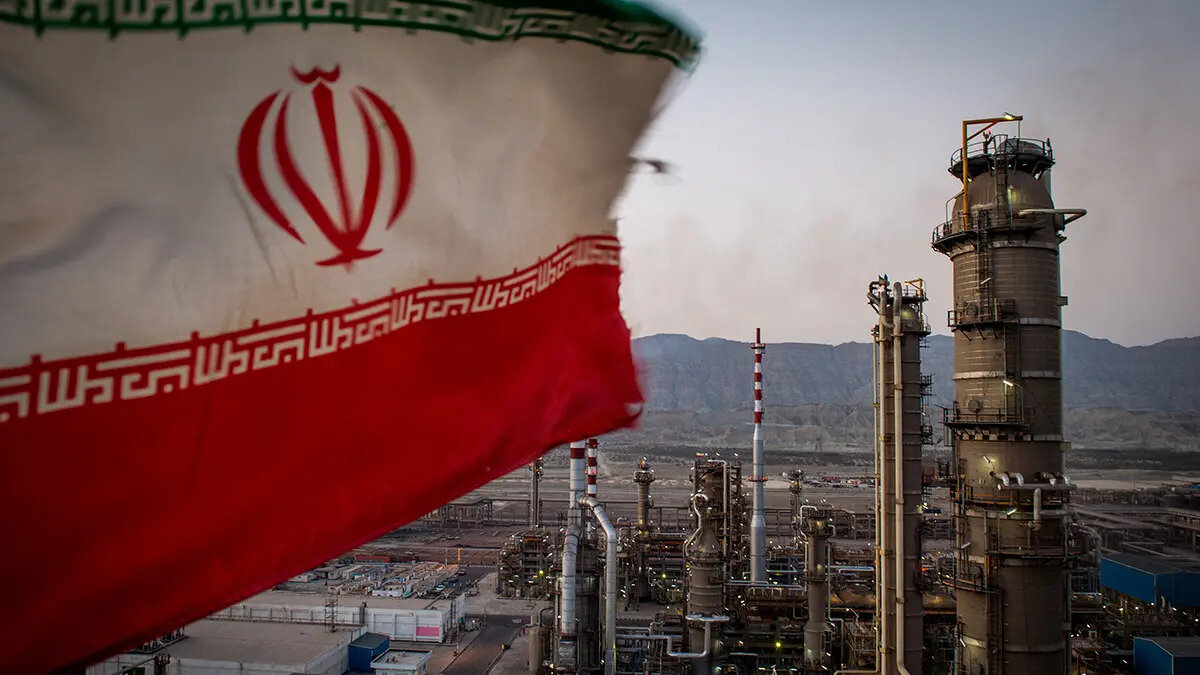China rebuffs Washington’s demands to halt Iran oil trade

TEHRAN – China appears resolute in maintaining its oil imports from Iran, with the country’s foreign ministry announcing in a statement that U.S. pressure would not influence its actions or decisions.
"China will always ensure its energy supply in ways that serve our national interests," declared China’s Ministry of Foreign Affairs via social media platform X on Wednesday, directly responding to U.S. threats of punitive 100% tariffs.
The statement emphasized, "Tariff wars have no winners. Coercion and pressuring will not achieve anything. China will firmly defend its sovereignty, security, and development interests."
The rejection followed high-stakes Stockholm trade talks where U.S. officials reportedly demanded China cease purchasing oil from Iran and Russia.
U.S. Treasury Secretary Scott Bessent grudgingly acknowledged China’s uncompromising position, noting that the Chinese "take their sovereignty very seriously" and would rather pay tariffs than comply. Despite characterizing negotiations as "tough," Bessent claimed progress on broader trade issues—a framing that was challenged by Beijing’s public defiance.
Mirroring China’s resistance, India rejected U.S. demands to halt Russian oil imports. Senior officials confirmed “no change in policy,” a move that further exposes the waning influence of Washington in an increasingly multipolar world.
China’s estimated 90% share of Iran’s oil exports anchors a relationship formalized in the 25-Year Comprehensive Strategic Partnership.
Furthermore, Iran’s 2023 accession to BRICS and the Shanghai Cooperation Organization, championed by China and Russia, provides institutional shields against Western pressure. Tehran now participates in developing non-dollar payment systems and trade channels.
U.S. sanctions have failed catastrophically to “cripple” Iran’s oil exports. Energy analysts Vortexa and Kpler claim Iran consistently ships over 1.5 million barrels per day (bpd), with June exports hitting 1.7 million bpd, generating an estimated $3.7 billion monthly revenue.
These figures remain estimations, as Tehran rarely releases detailed or official disclosures regarding its oil export volumes.
Many believe that Washington’s "maximum pressure" campaign against Tehran has backfired strategically.
The sanctions spurred Iran’s "resistance economy," leading to advancements in domestic industries from defense to agriculture.
By forging trade partnerships with countries like China, Russia, and other SCO members, as well as its neighbors, Iran has tried to diversify its markets and reduce its reliance on the West.
